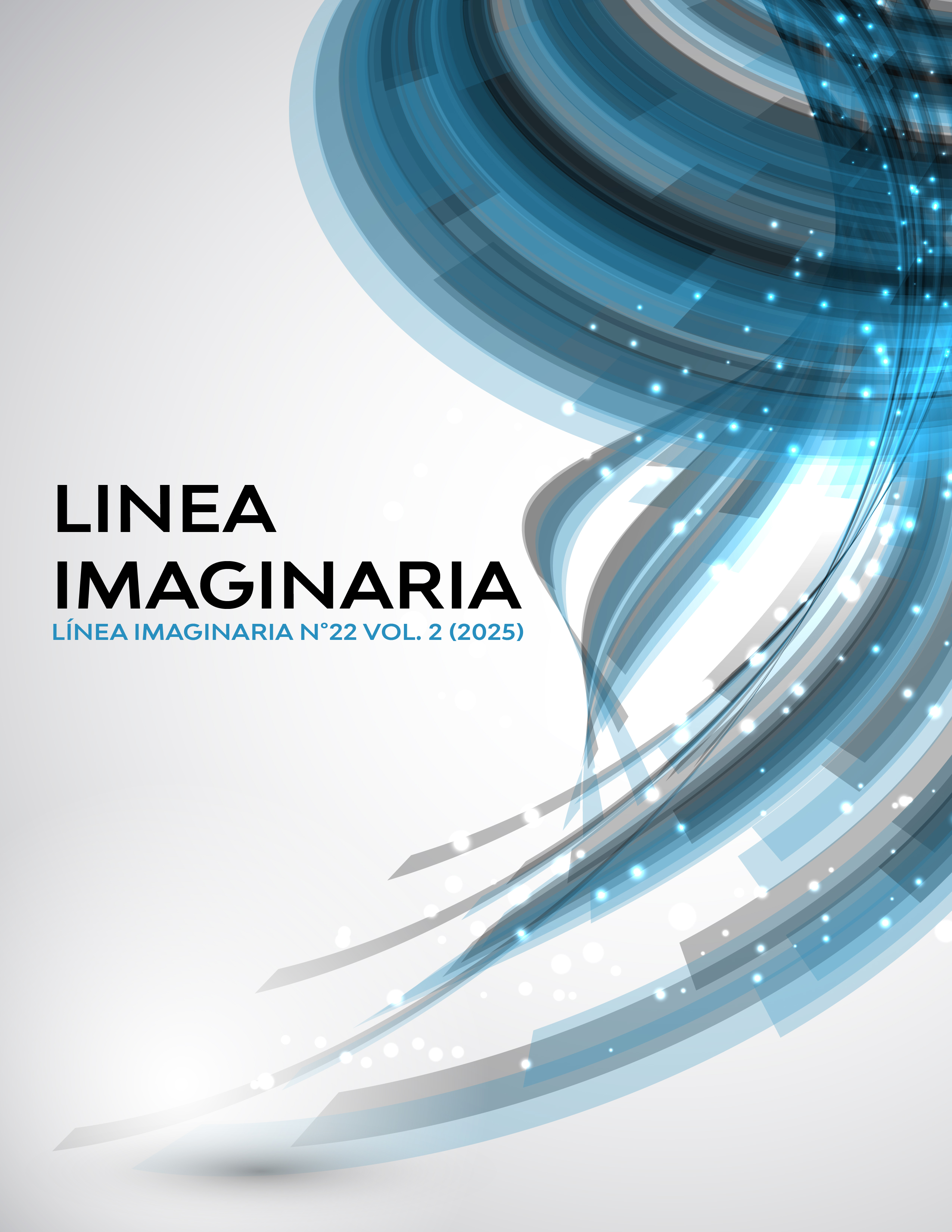CHALLENGES AND OPPORTUNITIES IN INCLUSIVE EDUCATION IN COLOMBIA
DOI:
https://doi.org/10.56219/lneaimaginaria.v2i22.4499Keywords:
inclusive education, Special need, Educational systemAbstract
The Colombian educational system faces significant challenges in implementing inclusive education for children with special needs. Although educational policies have progressed, as established in the General Education Law and Decree 1421 of 2017, inclusion remains a challenge, especially in rural areas. The article analyzes the current shortcomings of the system, emphasizing the need for specialized teacher training, the limited pedagogical resources, insufficient support policies, and the limited access to education. Additionally, the impact of some parents' denial in accepting their children's special conditions is highlighted, influenced by psychological, social, and cultural factors, as well as the lack of information about available resources. Family expectations and social stigma also play an important role in this dynamic.Moreover, external tests taken by students in their final year of secondary education have become a tool to measure the educational quality offered by each institution in Colombia. These standardized tests do not take into account students with a variety of needs, posing another barrier that the entire student population in inclusive education must face. The conclusions underline the need to strengthen teacher training, increase investment in adapted resources, and ensure the proper implementation of public policies. Despite the difficulties, there are opportunities to improve inclusion through educational technology and training programs. To move towards effective inclusive education, it is crucial to raise awareness among families and promote a culture of acceptance regarding special educational needs, thereby ensuring that all children receive the necessary attention and support.
Downloads
References
Ainscow, M., & Booth, T. (2002). Index for Inclusion: Developing Learning and Participation in Schools. Bristol: Centre for Studies on Inclusive Education.
Begué Lema, J. A., & Begoya Sierra, M. (2010). Cultura de Equidad y Educación Inclusiva: Un Enfoque desde el Contexto Colombiano. Bogotá. Editorial Pontificia Universidad Javeriana.
Biblioteca Digital Vásquez-Orjuela, A. (2015). Educación Inclusiva: Un Compromiso de Todos. Bogotá. Ministerio de Educación Nacional de Colombia.
Ministerio de Educación Nacional de Colombia. (1994). Ley 115 de 1994, por la cual se expide la Ley General de Educación. Diario Oficial No. 41.205. Recuperado de Ley_115_1994.doc.
Ministerio de Educación Nacional de Colombia. (2013). Ley 1618 de 2013, por medio de la cual se adoptan medidas para garantizar el derecho a la igualdad de las personas con discapacidad. Recuperado de Ley 1618 de febrero 27 de 2013.
Ministerio de Educación Nacional Ministerio de Educación Nacional de Colombia. (2017). Decreto 1421 de 2017, por el cual se regula la atención a la población con discapacidad en el sistema educativo. Recuperado de Decreto 1421 de agosto 29 de 2017.
Ministerio de Educación Nacional Ministerio de Educación Nacional de Colombia. (2017). Decreto 1421 de 2017. Recuperado de [www.mineducacion.gov.co] (http://www.mineducacion.gov).
Ministerio de Educación Nacional. (2013). Lineamientos técnicos para la atención a la población con discapacidad en el sistema educativo. Recuperado de POBLACIONES VULNERABLES - FIN.
Ministerio de Educación Nacional. (2013). Política Pública de Educación Inclusiva. Recuperado de Educación inclusiva.
Ministerio de Educación Nacional UNESCO. (2005). Educación inclusiva: el camino hacia el futuro. Recuperado de La Educación inclusiva: el camino hacia el futuro, documento de referencia – UNESCO.
Downloads
Published
How to Cite
Issue
Section
License

This work is licensed under a Creative Commons Attribution-NonCommercial-ShareAlike 4.0 International License.
La revista Línea Imaginaria conserva los derechos patrimoniales (copyright) de las obras publicadas, que favorece y permite la reutilización de los mismos bajo la licencia Creative Commons Atribución-NoComercial-CompartirIgual 4.0 , por lo cual se pueden copiar, usar, difundir, transmitir y exponer públicamente, siempre que se cite la autoría y fuente original de su publicación (revista, editorial, URL y DOI de la obra), no se usen para fines comerciales u onerosos y se mencione la existencia y especificaciones de esta licencia de uso. Si remezcla, transforma o crea a partir del material, debe distribuir su contribución bajo la misma licencia del original.













